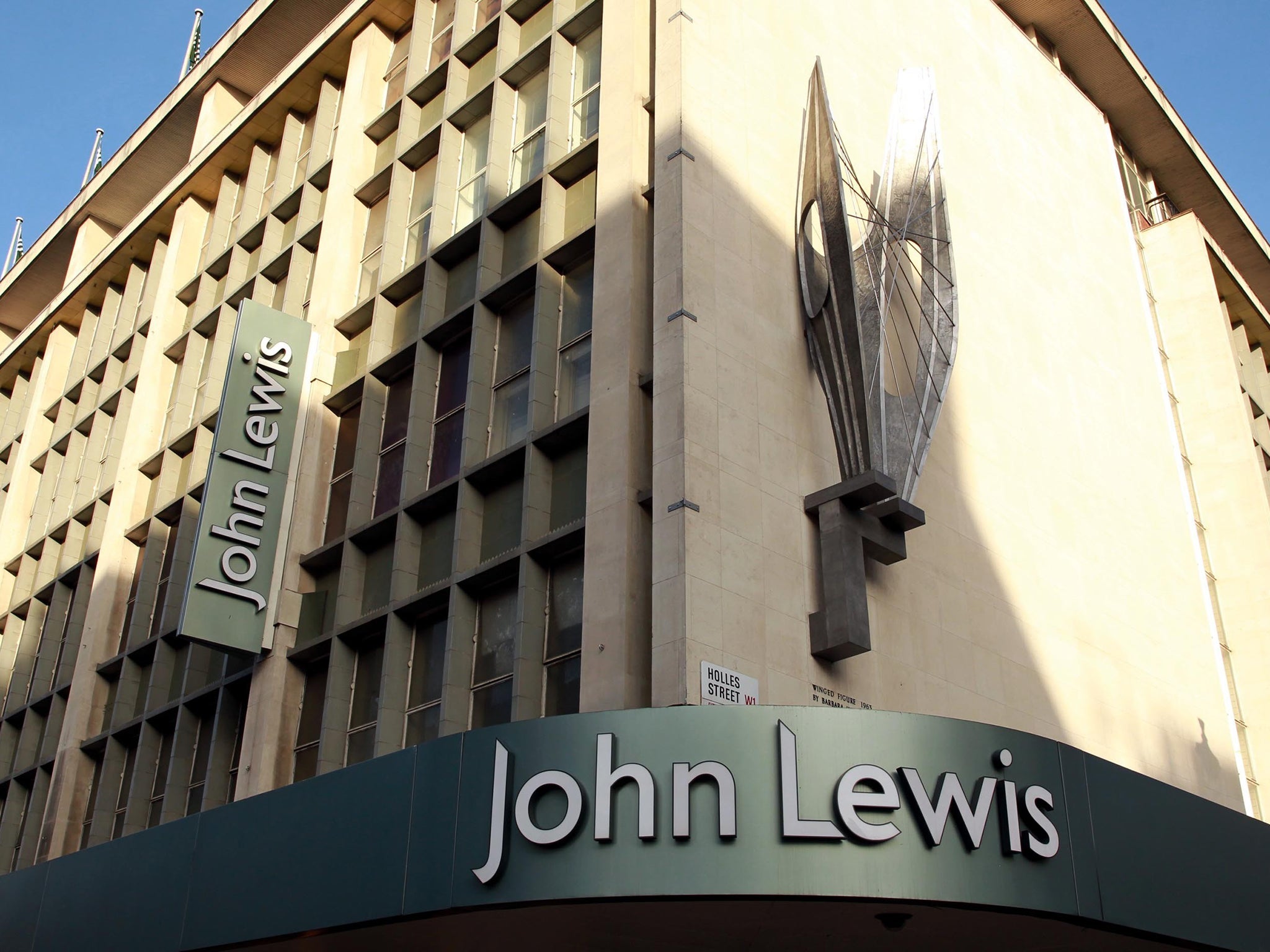Scottish independence: Prices will rise with Yes vote, John Lewis boss warns

Your support helps us to tell the story
From reproductive rights to climate change to Big Tech, The Independent is on the ground when the story is developing. Whether it's investigating the financials of Elon Musk's pro-Trump PAC or producing our latest documentary, 'The A Word', which shines a light on the American women fighting for reproductive rights, we know how important it is to parse out the facts from the messaging.
At such a critical moment in US history, we need reporters on the ground. Your donation allows us to keep sending journalists to speak to both sides of the story.
The Independent is trusted by Americans across the entire political spectrum. And unlike many other quality news outlets, we choose not to lock Americans out of our reporting and analysis with paywalls. We believe quality journalism should be available to everyone, paid for by those who can afford it.
Your support makes all the difference.Prices in Scottish branches of John Lewis, Waitrose and Next are likely to be higher than in the rest of the UK if the country votes to become independent next week.
Sir Charlie Mayfield, the chairman of the John Lewis Partnership, which also owns Waitrose, said: “It does cost more money to trade in parts of Scotland and therefore those hard costs, in the event of a Yes vote, are more likely to be passed on.”
He added that while the company had no intention of closing any of its nine stores in Scotland, which employ more than 3,000 people between them, it was “most probable” that prices would be different in the event of separation from England.
“Most retailers don’t run different prices, they absorb that in the totality. If you go forward several years and you see a divergence of different things – particularly currency – that creates the likelihood, not the certainty, that costs would be higher.
“And when you are talking about two different countries it is most probable that most retailers would then start pricing differently. My view would be that the likelihood is that that would lead to some higher prices.”
The head of Next, Lord Wolfson, echoed Sir Charlie’s concerns. Although he stressed that the retailer, which has 37 stores in the country, was “utterly committed to Scotland whichever way they vote”, he added: “I’m worried what happens after independence. I’m worried about three things: currency, taxes and jobs. Whatever currency comes in in Scotland, it’s likely to be weaker than the one they’ve got, and that is likely to push up prices.
“Nobody quite knows what the financial situation will be in Scotland - it may be fine but there is obviously a risk that taxes will have to go up and financial services firms are already saying that if there is a yes vote, they’ll leave.”
However, Scottish Finance Secretary John Swinney said other major firms had rejected claims that their prices would rise in the event of independence.
“I noticed at the weekend that the line of argument being pursued by the Better Together campaign suggesting this very point in connection with Tesco was rubbished by Tesco at the weekend. So I think the argument is one that is firmly contested by other retailers,” he said.
Join our commenting forum
Join thought-provoking conversations, follow other Independent readers and see their replies
Comments